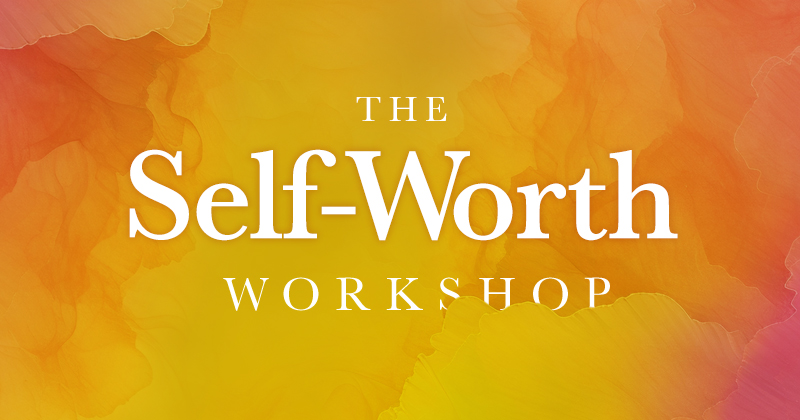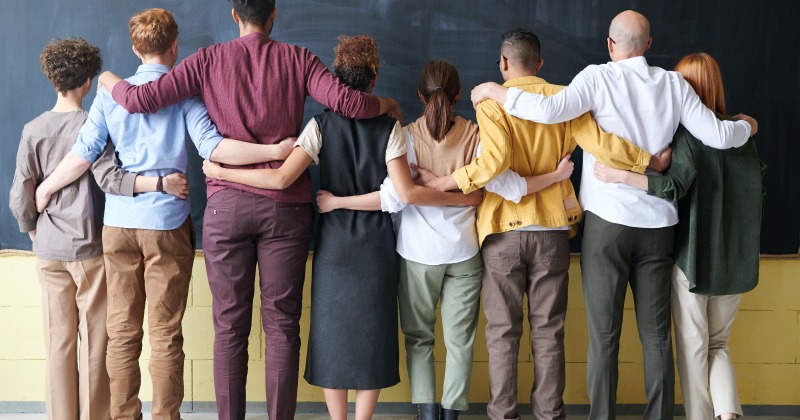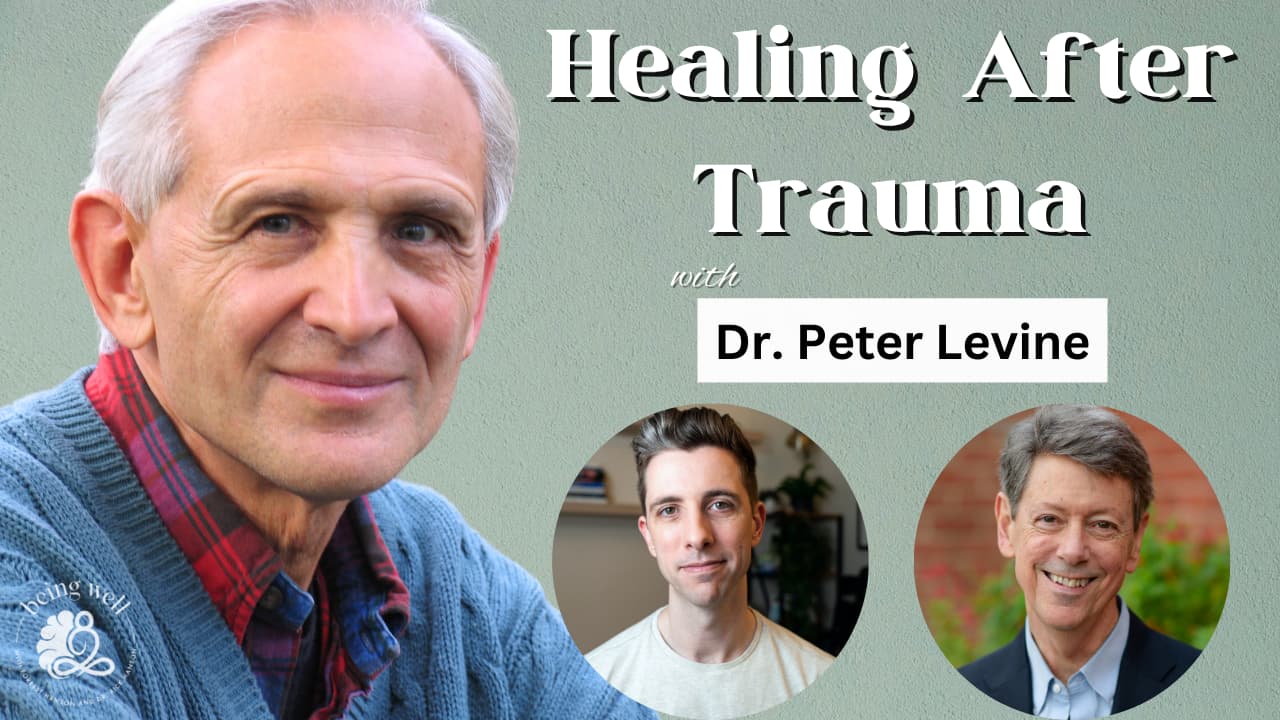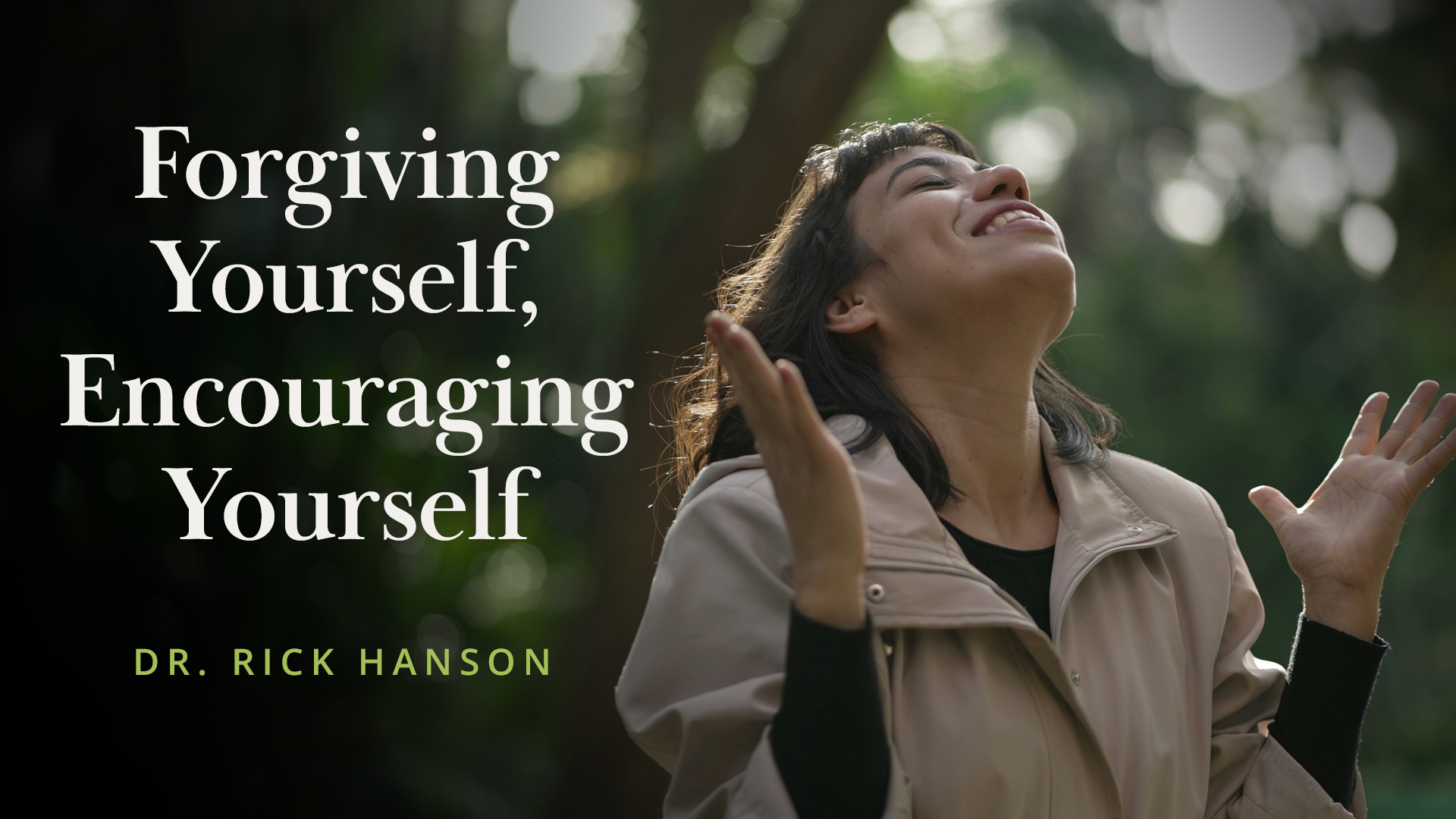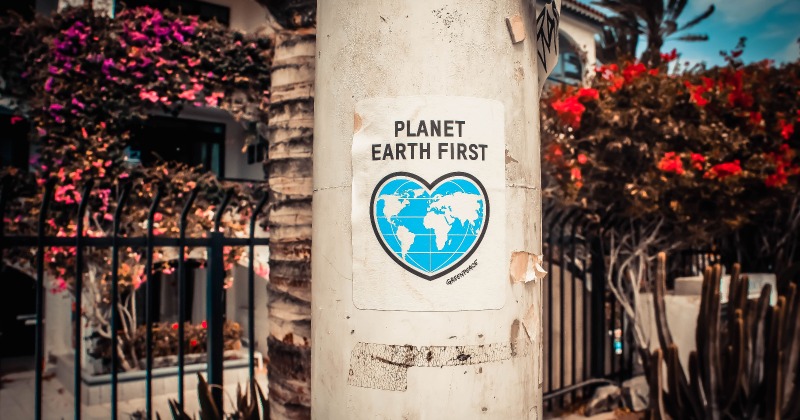What Are They Feeling?
The Practice: Tune into others.
Why?
Imagine a world in which people interacted with each other like ants or fish. Imagine a day at work like this, or in your family, aware of the surface behavior of the people around you but oblivious to their inner life while they remain unmoved by your own.
That’s a world without empathy.
Empathic breakdowns shake the foundation of a relationship; just recall a time you felt misunderstood – or even worse, a time when the other person couldn’t care less about understanding you. In particular, anyone who is vulnerable (e.g., children, the elderly) has a profound need for empathy, and when it’s a thin soup or missing altogether, that’s very disturbing. In my experience as a therapist, poor empathy is the core problem in most troubled couples or families; without it, nothing good is likely to happen; with it, even the toughest issues can be resolved.
Empathy gives you a feeling of what it’s like to be another person. When you are empathic, even quietly and tacitly, that tells the other person that he or she exists for you as a being, as a Thou to your I. That’s usually what people most want to know; it’s more fundamental than whatever topic is on the table.
Empathy is soothing, calming, and bridge-building; when it’s present, it’s much easier to work through things. Empathy gives you lots of useful information, like what’s most important to others or what’s really bothering them.
Get Tips Like This Delivered Right to Your Inbox
You can unsubscribe at any time and your email address will never be shared or sold.
How?
This week, repeatedly tune into the interior of the people around you; “empathy moments” often take just a few seconds.
To help yourself, remember that empathy is not agreement or approval. You can tune into someone who hurt you or is irritating; you’re not waiving your rights! Nor do you have to solve the other person’s problem.
Also, know that empathy is completely natural. As we evolved, the brain developed three circuits (loosely defined) for empathy that simulate the actions, emotions, and thoughts of others. For example, when you experience an emotion, a part of your brain called the insula lights up; remarkably when you see emotions in others, some of the same neurons in your insula activate as well. The result is you get a taste of what they’re feeling. You were born empathic.
Start by centering yourself so you don’t feel overwhelmed; studies have found that, paradoxically, a little feeling of detachment actually promotes empathy; as Robert Frost wrote, fences make for good neighbors. Then open up to other people, letting their inner life flow through you like wind through the leaves of a deeply rooted tree.
Tune into their breathing, posture, gestures, and actions. Imagine what it would feel like to move your own body in the same ways.
Tune into their emotions, particularly the softer ones underneath verbal positions or anger. Watch the eyes closely; human eyes are the most expressive of any species on our planet. Open up to your own gut feelings, which could be resonating with those of other people. Ask yourself what you would be feeling if you were them.
Tune into their thoughts, memories, expectations, needs, and intentions. Form little hypotheses in your mind about what could be going on over there. Take into account what you know about their personal history – including with you – and their temperament, priorities, and hot buttons. Be curious and look beneath the surface.
As appropriate, check out your empathic intuitions. Ask simple questions, like: Were you feeling ____? Did you want ____? Did you feel pulled between ____ and ____? Be respectful, not persuasive or prosecutorial. Don’t muddle empathy with asserting your own views or needs; do that part later.
Stay with it. Empathy is a kind of mindfulness practice, sustaining attention this time to someone else’s inner world.
And when it’s your turn to receive empathy, you’ll know better what it is you are asking for.
The best way to get empathy is to give it.
Know Someone Who Could Use More Empathy?
Use the buttons below to share this article via social media or email.
